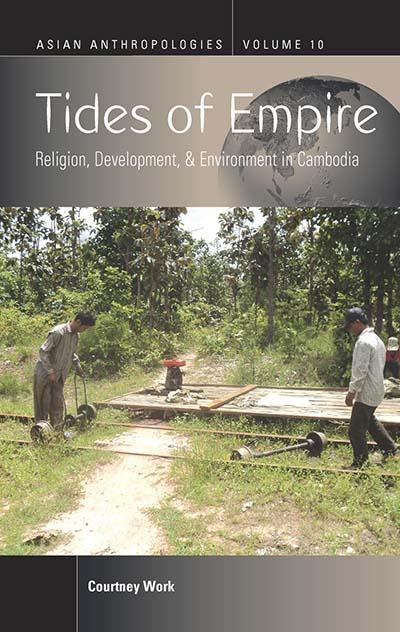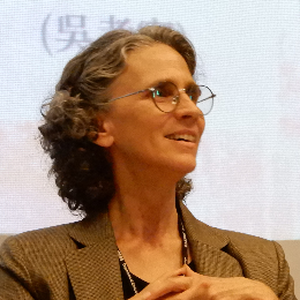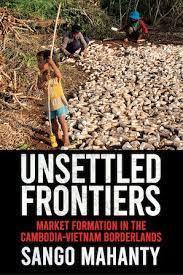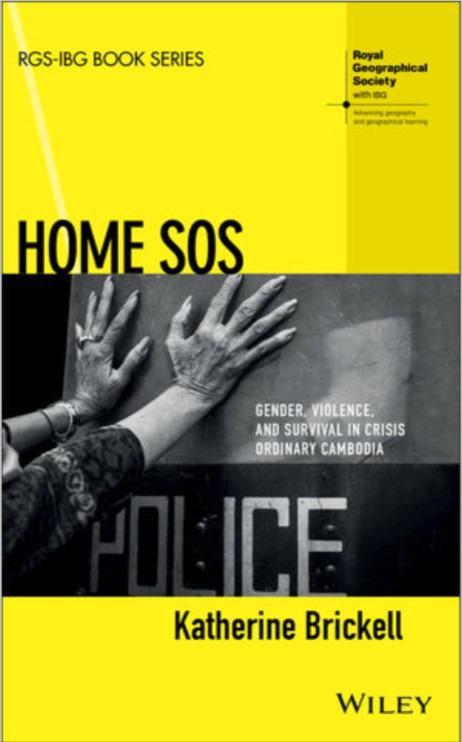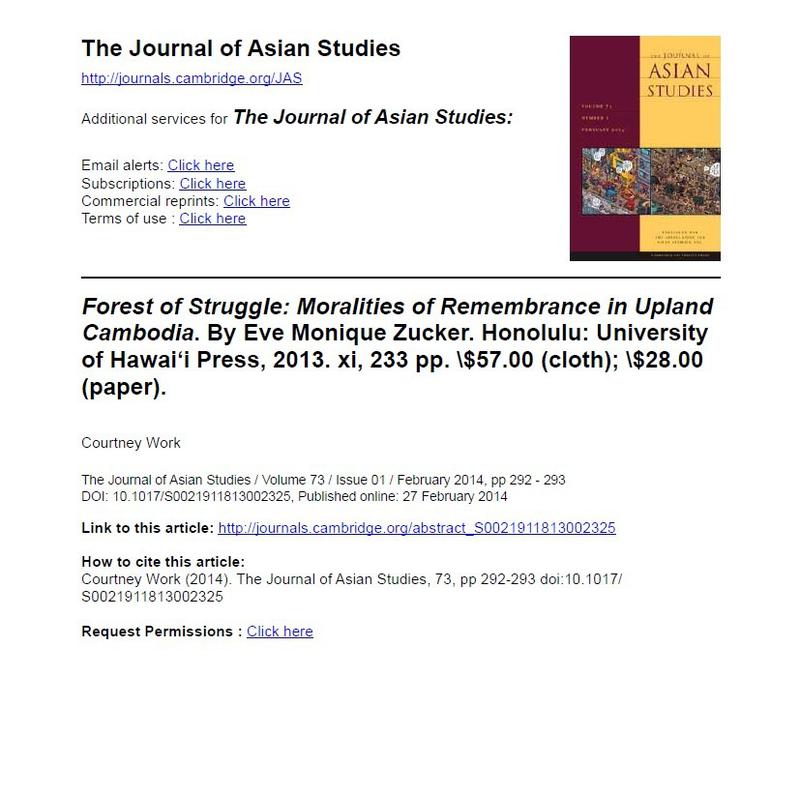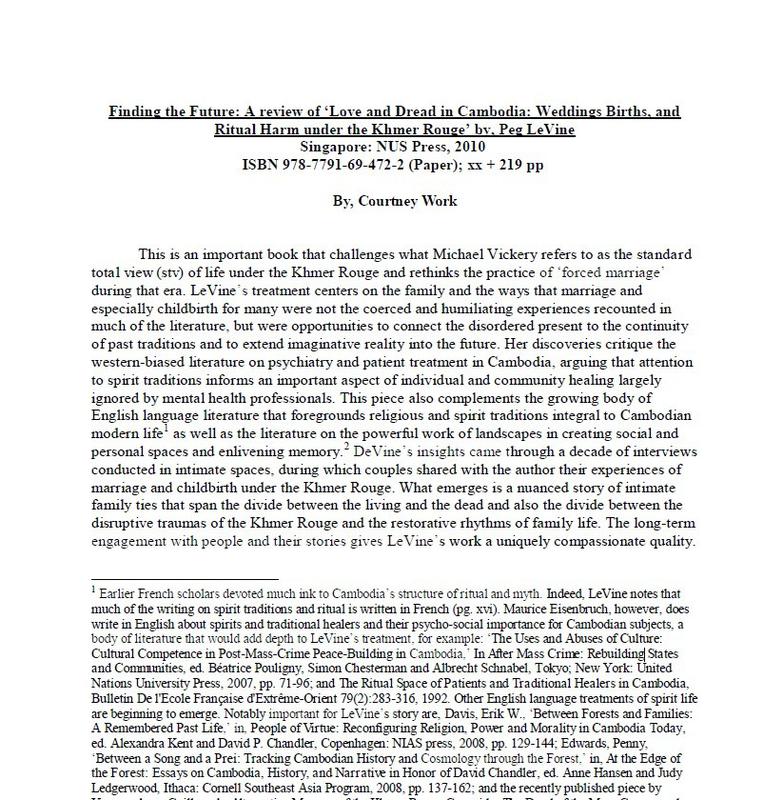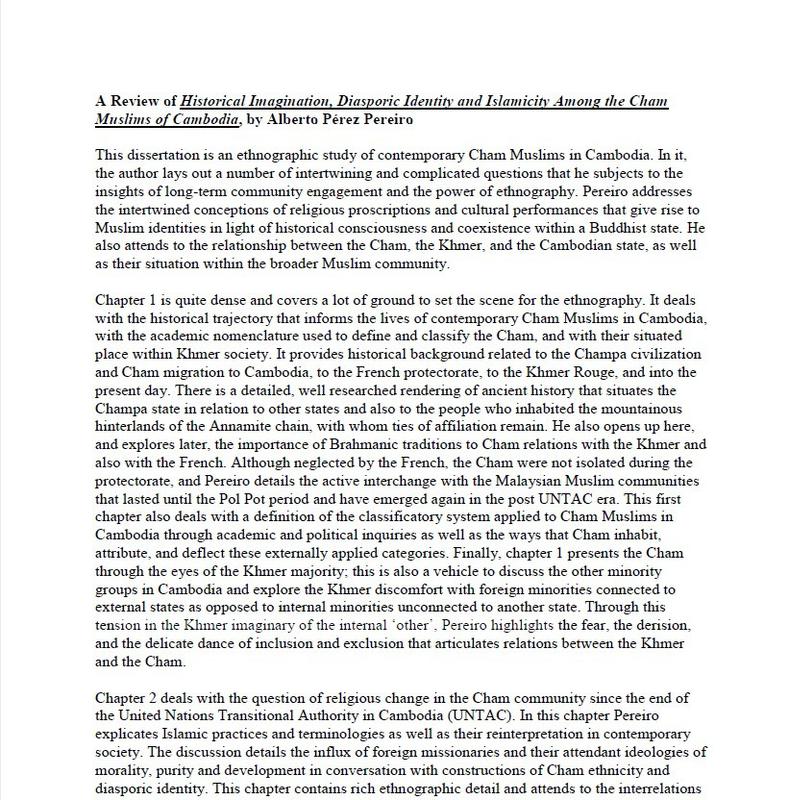National Chengchi University
•
17th November 2020
Book Review: Home SOS: Gender, Violence, and Survival in Crisis Ordinary Cambodia.
This is an important book with theoretical interventions and insights that take us
beyond the confines of both Cambodia and Gender as analytic categories, even while
remaining solidly grounded in each. Expanding the terms under which we conceive
gender-based violence, Brickell puts forward a novel approach to social analysis that I
will call a ‘home-based’ analysis. Through the lens of the home, which she argues is
‘intimately connected, rather than sealed off’ from the impacts of political processes
(p. 8), this book connects the seemingly disparate episodes of forced eviction and
domestic violence.
